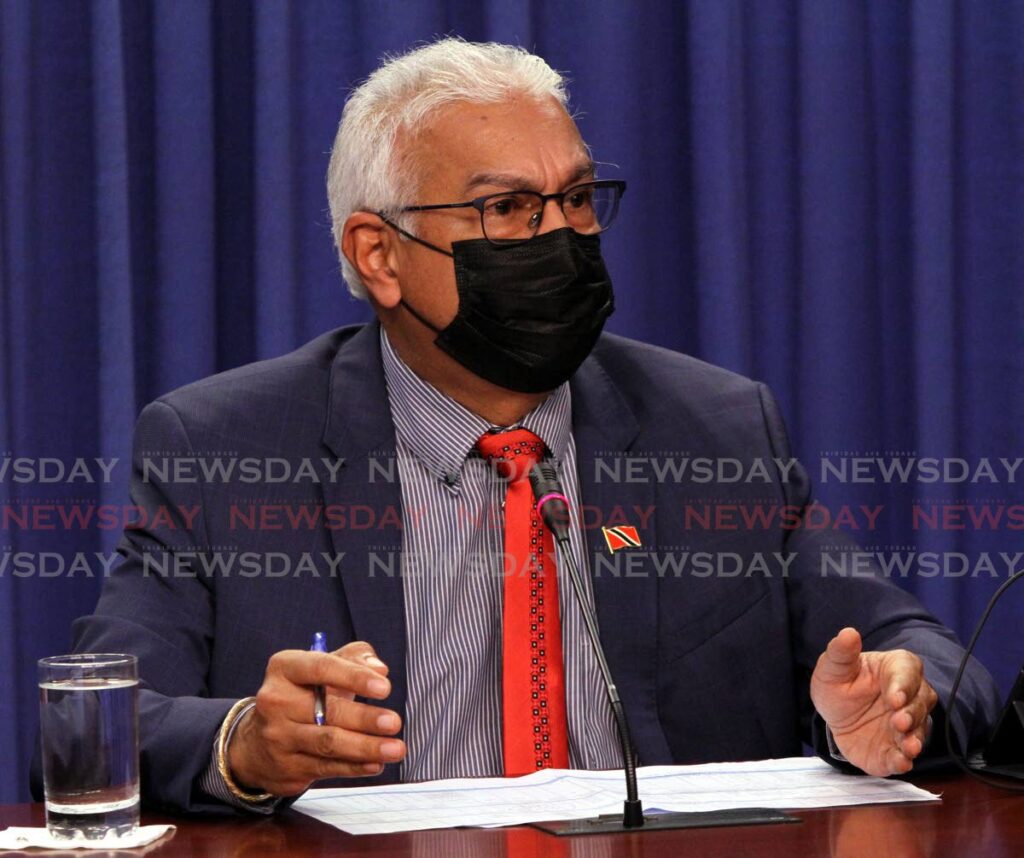Prescribing a fix for pharmacies

IF WE REQUIRED proof that pharmaceutical regulation needs updating then the impasse over pharmacy fees provides it.
Pharmacy Board regulations stipulate pharmacies must pay an annual $150 fee, but the board wants to raise that sum. The move has evidently been resisted and licences withheld, placing the ability of people to get essential drugs at risk.
The situation is such that Minister of Health Terrence Deyalsingh, whose background as a pharmacist endows him with special insight into the facts, has already signalled his willingness to litigate the matter, while the board maintains it needs to increase the fee to cover mounting costs.
All of this should never have happened. Nor should it have been allowed to come to a head at the eleventh hour, especially because licences expire every single year on the same date under the law – a fact known by the players in this matter.
There are more than 600 pharmacies all over the country and they are an important part of our healthcare system, serving as a vital link between patients and physicians. Often, the local pharmacist is the first port of call.
Yet, this tiff over a $150 fee tells us something about the need for updating regulation of these entities.
We completely understand the concern about meeting the letter of the law (and there is some suggestion that temporary certificates can be issued pending the resolution of legal questions).
But why has the matter of the appropriate fee not been addressed up until now?
The 2006 regulations that stipulate the $150 quantum may well have reflected previous practice in relation to a legislative framework predating independence, but that is no reason to merely accept it.
At the very least, given a situation in which pharmacies have mushroomed and some do a great deal of business, there should have long been a discussion about the purpose of this fee.
However, the fee is not the only thing in the legislative framework that some might have objection to. For example, the governing legislation stipulates the board cannot be headquartered anywhere other than Port of Spain.
Yet, it’s not just the Pharmacy Board Act 1960 that needs looking into. It’s the Food and Drugs Act 1960, the Antibiotics Act 1948 and various narcotic control provisions. The vintage of these laws alone tells a story.
In recent years, there has been some incremental updating. For instance, the conversation on the decriminalisation of marijuana involved pharmacies. Covid19 saw pharmacies take on more roles.
The question is what can we look forward to in terms of regulatory reform beyond the current impasse?
Will it prompt change to become easily available over the counter? Or will something stronger have to be prescribed?


Comments
"Prescribing a fix for pharmacies"